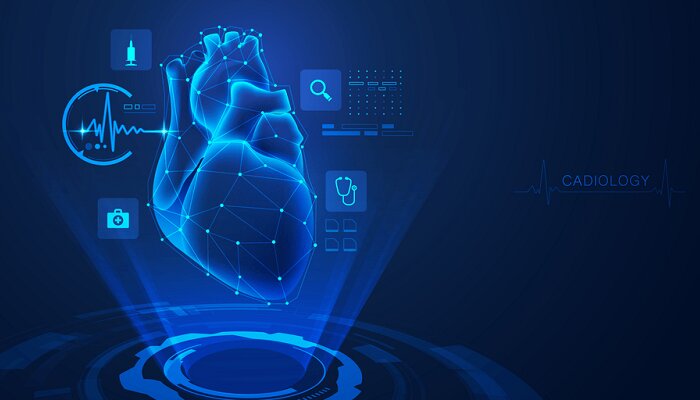Researchers at the Annual Meeting and Scientific Sessions of the International Society of Heart and Lung Transplantation- ISHLT held in Prague, say that artificial intelligence will go on to significantly impact the heart transplantation process by way of helping physicians better evaluate the complex factors that go on to impact patient outcomes.
According to the medical director of the Heart Transplant Program at the Cleveland Clinic, Eileen Hsich, up until now, they have assessed the likelihood of transplant success, which is based on individual risk factors, and that she thinks their guidelines will alter because they will be able to look at a mix of weighted risk factors and how they go on to interplay.
The fact is that work cannot be done manually. Machine learning can go on to provide data they have never had before, and it is indeed going to make a big difference.
MD, PhD, and senior consultant cardiothoracic surgeon, Johan Nilsson, at Skane University Hospital, who is also a professor at Lund University in Lund, Sweden, happen to be developing a decision-support tool, especially for transplant surgeons, that makes use of a modelling technique known as digital twinning. This kind of technique helps them to create a digital picture of every recipient, which can in turn help physicians forecast future patient outcomes based on specific combinations of data.
It is well to be noted that Dr. Nilsson’s team has gone on to build a database with multiple data points, such as clinical information as well as test results, on the overall 600 heart recipients and donors treated within his institution since the start of its transplantation program. They also happen to be in the process of sequencing the entire genome of recipients and their respective donors so as to add to the database. He said that the patients who are added to an organ transplant waiting list go on to offer a lot of health data as well as laboratory samples. The very same information is also gathered by the donor.
Dr. Nilsson happens to have plans to go ahead and also follow heart recipients after their procedure is done, thereby adding information like heart rate, blood oxygen levels, and biopsy results to the database. The benefits of algorithms are that they happen to provide a decision-support system that is unbiased and that can help physicians determine the 3 R’s which are the right donor at the right time and with the right patient. He adds that if one happens to get a donor in the middle of the night and there are three potential recipients, AI can go on to offer an independent system so as to help evaluate the best match.
As per Dr. Nilsson, AI can enable the improvement of organ allocation systems by way of helping physicians predict outcomes better at each and every step of the transplantation process.


















